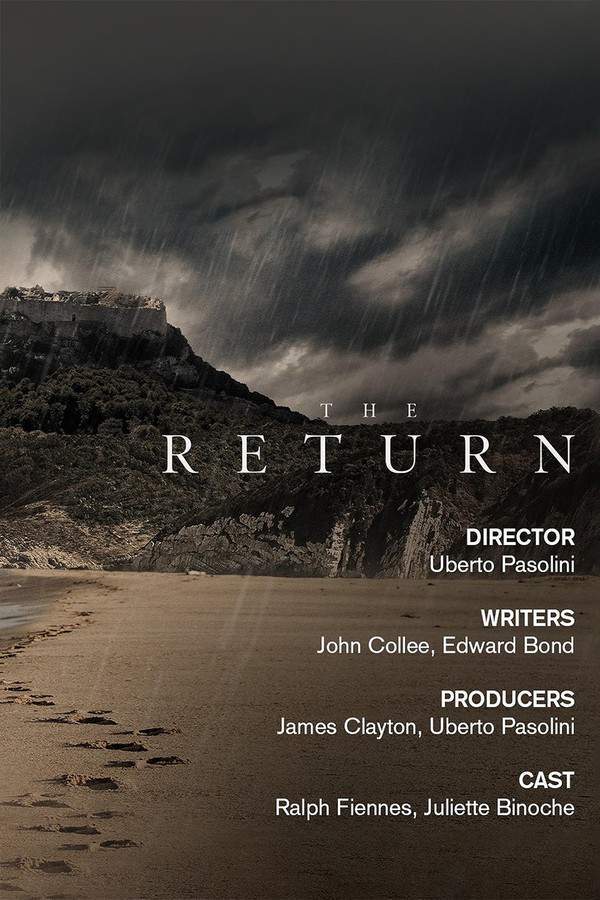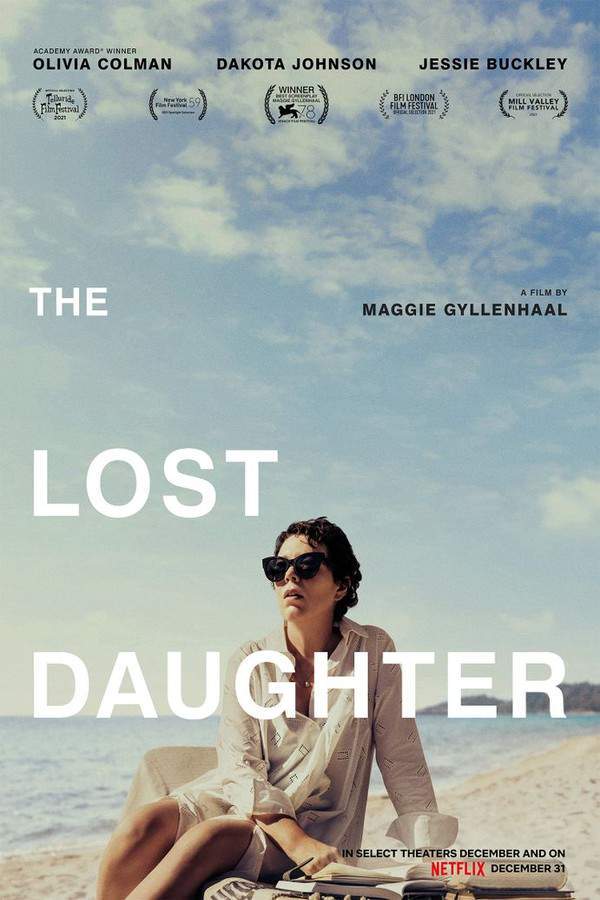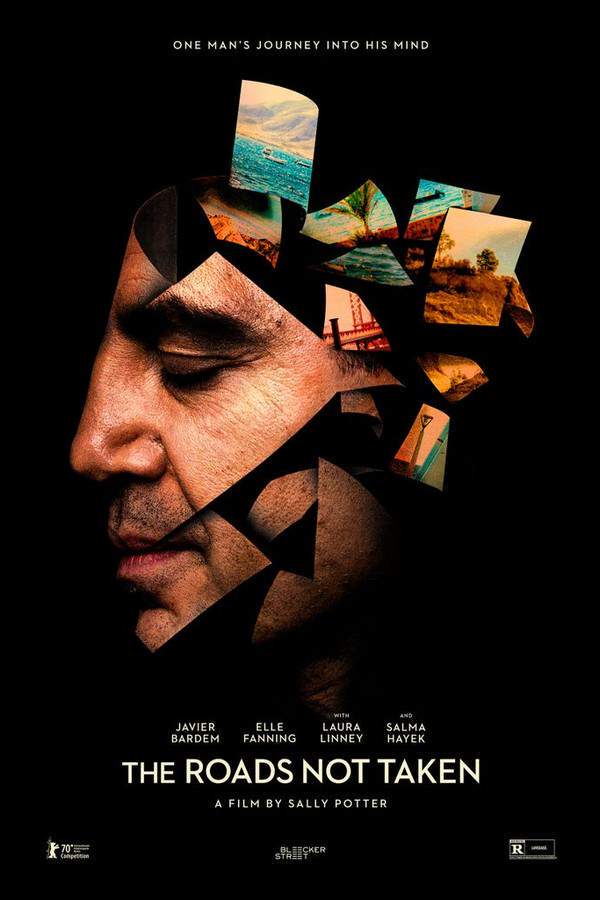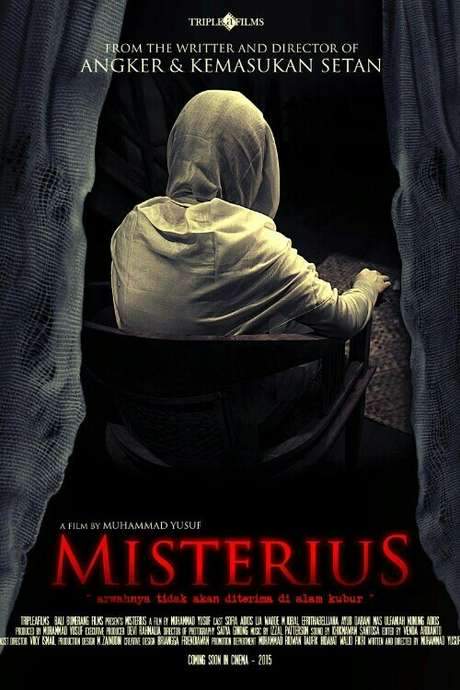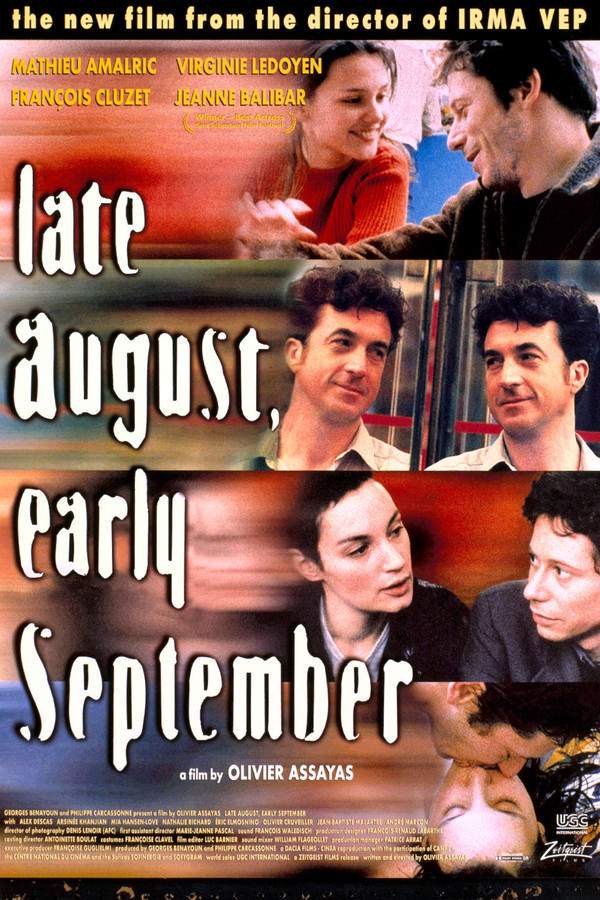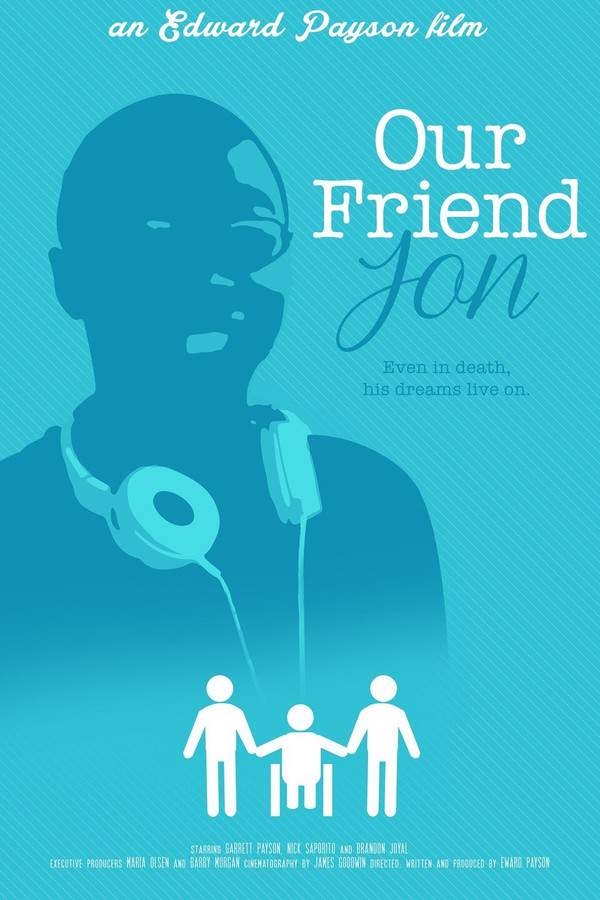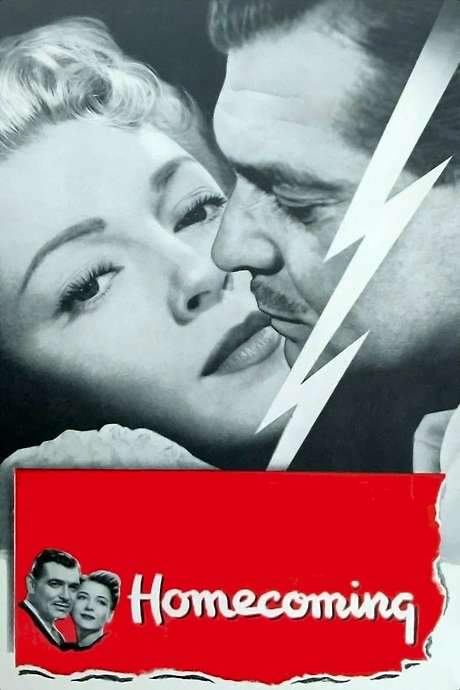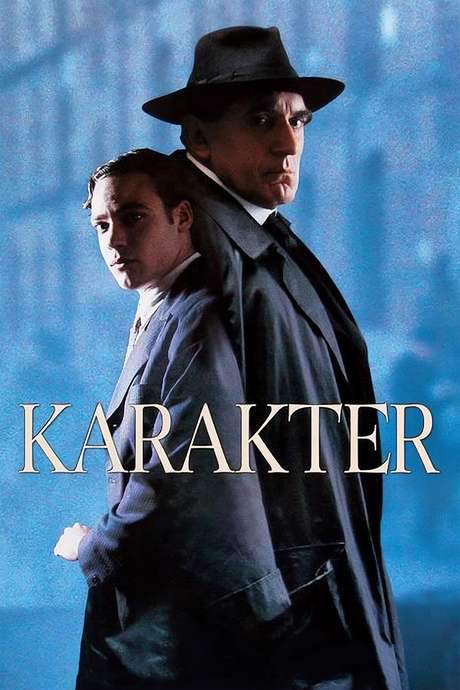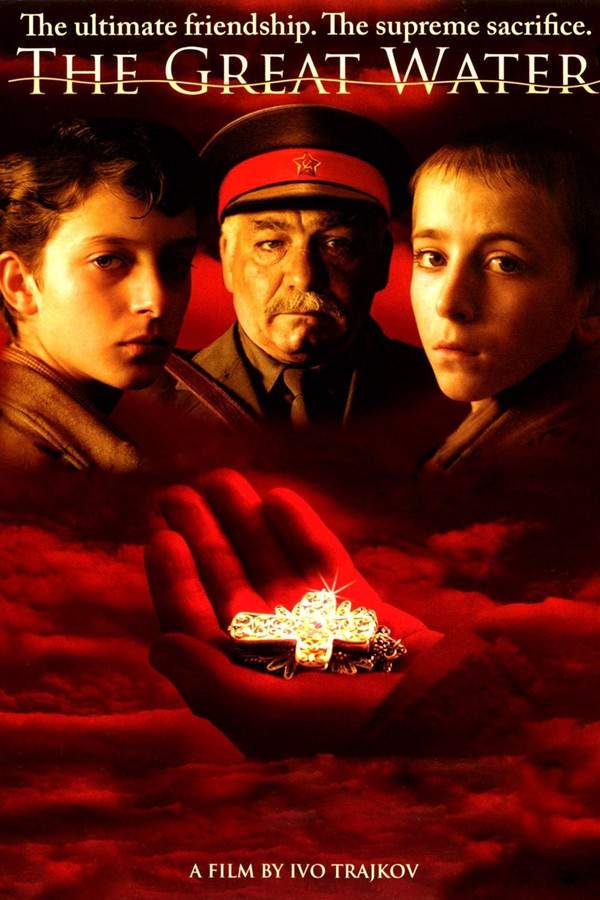
The Great Water
Year: 2005
Runtime: 93 min
Language: Macedonian
Director: Ivo Trajkov
As an elderly war hero nears his end, deeply buried memories of his youth surface, revealing a poignant story of friendship and loss. Flashbacks transport viewers to his formative years, where the bonds of loyalty are tested by betrayal and the consequences of past actions linger. The film explores themes of resilience and the enduring impact of childhood experiences.
The Great Water (2005) – Spoiler-Free Movie Summary & Plot Overview
Get a spoiler-free look at The Great Water (2005) with a clear plot overview that covers the setting, main characters, and story premise—without revealing key twists or the ending. Perfect for deciding if this film is your next watch.
In present‑day Macedonia, a seasoned politician named Meto Jovanovski lies in a hospital bed, his heart bruised by time and war. As doctors tend to his fragile pulse, his mind drifts outward, pulling loose the threads of a childhood he thought long buried. The film opens on this quiet, introspective moment, inviting viewers to feel the steady hum of memory against the stark backdrop of a life that once carried both honor and heaviness. Through a gentle, almost lyrical pacing, the story promises a meditation on how the past can surface when the body weakens.
The recollections settle in a 1945 orphanage where boys are taught to wear the new regime like a uniform. Here, Isak appears—a bright, radiant kid whose presence offers a flicker of warmth amid the austere walls. Their unexpected friendship becomes the emotional core, a tender contrast to an environment that prizes conformity over imagination. The atmosphere is suffused with muted colors and soft light, capturing both the harshness of a state eager to shape futures and the lingering innocence that refuses to be entirely erased. Subtle hints of faith and longing ripple beneath the surface.
Across its two timelines, the film weaves a contemplative tapestry of resilience, identity, and the lingering echo of childhood experiences. Its tone balances melancholy with quiet hope, using restrained cinematography and a measured score to amplify the inner lives of its characters. The audience is drawn into a world where personal history collides with collective ideology, prompting questions about how loyalty is formed and what remains when the structures that once defined us crumble. The story lingers like water—still, reflective, and forever shaping the shape of those who gaze into it.
Last Updated: August 10, 2025 at 10:26
Explore Movie Threads
Discover curated groups of movies connected by mood, themes, and story style. Browse collections built around emotion, atmosphere, and narrative focus to easily find films that match what you feel like watching right now.
Movies about childhood trauma like The Great Water
Stories where adult reflection uncovers the deep scars of a lost youth.If you liked The Great Water's exploration of youth under oppressive systems, you'll find similar stories here. This list features character-driven dramas that use flashbacks to connect a character's present with their traumatic or politically charged childhood, focusing on memory, loss of innocence, and identity.
Narrative Summary
These narratives typically employ a dual-timeline structure, connecting a character's reflective present with key events from their youth. The journey is one of uncovering and understanding, where revisiting the past brings clarity—and often pain—about the person they have become.
Why These Movies?
Movies in this thread share a focus on the long-term psychological impact of childhood. They are united by a melancholic tone, heavy emotional weight, and a contemplative pace that allows for deep immersion in the character's internal world and memories.
Bittersweet historical friendship stories like The Great Water
Tales of loyalty tested by historical turmoil, leaving a bittersweet legacy.For viewers seeking movies similar to The Great Water's focus on friendship amidst hardship. These films feature powerful relationships tested by war, oppression, or societal collapse, leading to emotionally heavy and bittersweet conclusions about loyalty and memory.
Narrative Summary
The plot revolves around a central friendship that serves as an emotional anchor. As the larger historical forces create tension and danger, the bond is challenged, sometimes leading to betrayal or profound loss. The ending acknowledges the pain of the past while honoring the fragile beauty of the connection.
Why These Movies?
These films are grouped by their shared setting in turbulent historical periods, their focus on the emotional core of a key relationship, and their consistent delivery of a bittersweet, poignant conclusion that weighs loss against the memory of human connection.
Unlock the Full Story of The Great Water
Don't stop at just watching — explore The Great Water in full detail. From the complete plot summary and scene-by-scene timeline to character breakdowns, thematic analysis, and a deep dive into the ending — every page helps you truly understand what The Great Water is all about. Plus, discover what's next after the movie.
The Great Water Summary
Read a complete plot summary of The Great Water, including all key story points, character arcs, and turning points. This in-depth recap is ideal for understanding the narrative structure or reviewing what happened in the movie.

The Great Water Timeline
Track the full timeline of The Great Water with every major event arranged chronologically. Perfect for decoding non-linear storytelling, flashbacks, or parallel narratives with a clear scene-by-scene breakdown.

Characters, Settings & Themes in The Great Water
Discover the characters, locations, and core themes that shape The Great Water. Get insights into symbolic elements, setting significance, and deeper narrative meaning — ideal for thematic analysis and movie breakdowns.

More About The Great Water
Visit What's After the Movie to explore more about The Great Water: box office results, cast and crew info, production details, post-credit scenes, and external links — all in one place for movie fans and researchers.


